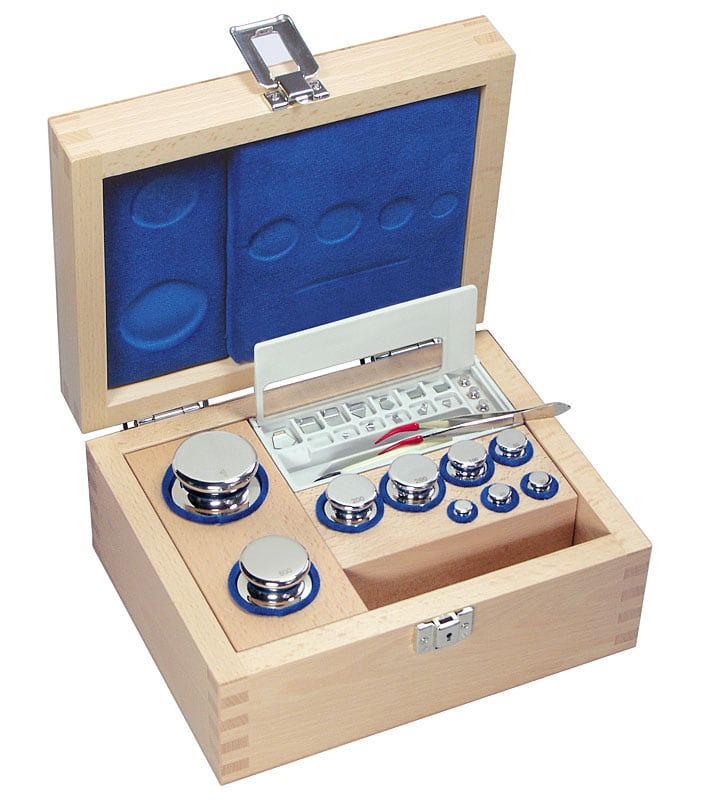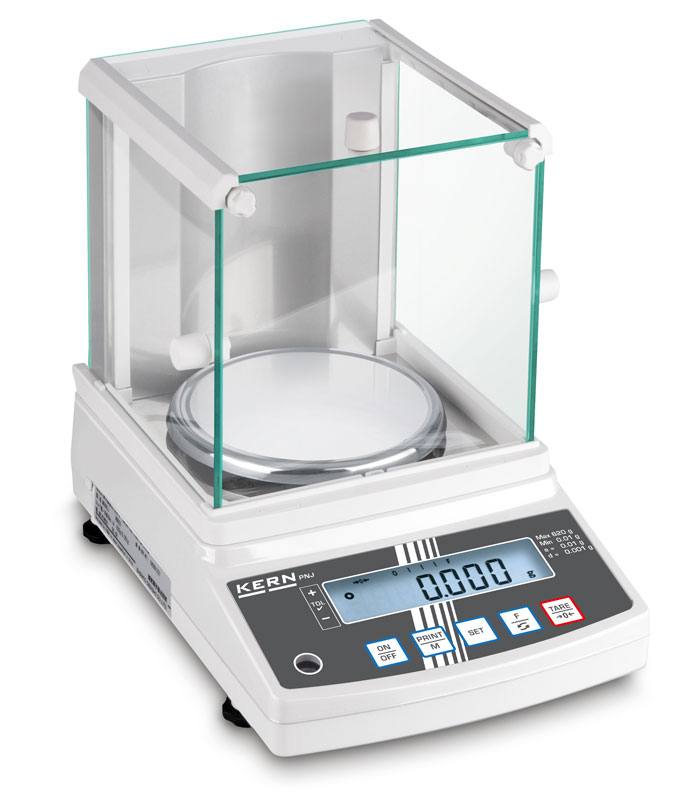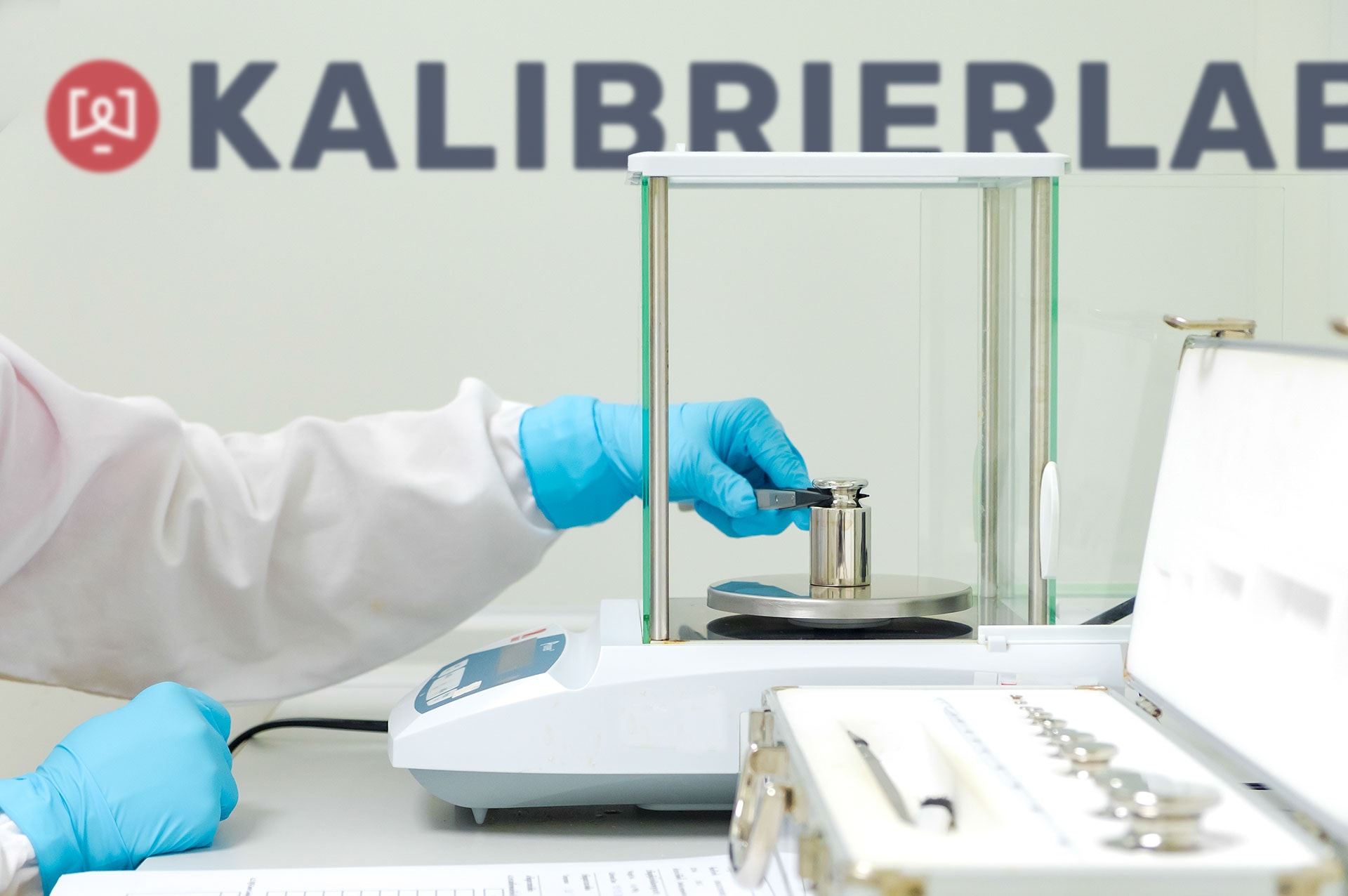
DAkkS calibration: precision with a seal of approval
Anyone who relies on precise measurement results in industry or laboratories relies on DAkkS calibration. This calibration is carried out by a calibration laboratory that is accredited by the German Accreditation Body (DAkkS ) in accordance with the international standard DIN EN ISO/IEC 17025. This means that the measured values are compared with national and international standards in a traceable manner – under strictly controlled conditions. The result is a calibration certificate with maximum validity, for example for quality management systems in accordance with ISO 9001 or audits in regulated areas.
A DAkkS calibration does not replace a legally prescribed verification, but offers the best possible metrological security where there is no verification obligation.
VISSER | Waagen arranges calibrations in cooperation with the DAkkS-accredited calibration laboratory of KERN & SOHN GmbH for the Rhine-Ruhr metropolitan region. This ensures not only precise measurement results, but also the confidence of your customers, partners and supervisory authorities.
If you have any questions about DAkkS calibration or would like individual advice, please contact our team of experts at VISSER | Waagen.

Frequently asked questions about the calibration of scales (FAQ)
Why should I have my scales calibrated?
Calibration is used to objectively check the accuracy of a scale. Particularly in quality-critical applications – such as in laboratories, industry or retail – an uncalibrated scale can lead to incorrect results, process disruptions or regulatory problems.
What exactly does “calibration” mean for a scale?
During calibration, a scale is loaded with so-called traceable standard weights and the displayed measured values are documented. These are not changed, but only checked and evaluated – e.g. for repeatability, accuracy and off-center loading.
What is the difference between DAkkS and ISO calibration?
A DAkkS calibration is carried out by an accredited laboratory in accordance with DIN EN ISO/IEC 17025 and is recognized in regulated quality processes (ISO 9001, GLP, GMP etc.). An ISO calibration, on the other hand, meets internal standards but is not accredited by an independent body.
Which tests are included in a DAkkS calibration?
Three metrological tests are carried out as standard:
- eccentric load (test for off-center placement of the weight).
- Repeatability (reproducibility under the same load),
- Correctness (deviation from the target value),
How does a calibration work at VISSER?
Our service team will check your scales on site or in the laboratory, clean them and carry out a metrological calibration – including documentation in the calibration certificate. All technical data and test histories are stored in the VISSER scale management system.
Which test weights are used?
VISSER only uses traceable test weights with a calibration certificate and serial number. These weights comply with the OIML class (e.g. F1) and are regularly checked and documented.
What is the OIML class?
The OIML class indicates the accuracy with which a test weight is manufactured. It is internationally standardized by the Organisation Internationale de Métrologie Légale (OIML). The smaller the tolerance, the higher the class. Common classes are F1, F2 or M1 – whereby F1 has a very high precision and is used for high-quality calibrations, e.g. of laboratory scales.
How often should I have my scales calibrated?
Annual calibration is recommended – more frequently if necessary, depending on the area of application and QM specifications. Calibration intervals are stored in your scale profile in the VISSER system – including automatic reminders.
What happens if the calibration shows large deviations?
Our technicians can adjust your scales directly. If necessary, a repair will be carried out (e.g. defective load cell). The scale is then recalibrated. On request, we can also document before and after values in the calibration certificate (“as found/as left”).
Is calibration required by law?
No – except for legal-for-trade scales. However, calibration is essential in quality management, for audits or in industrial practice and is often a mandatory component of internal standards.
How can I send in my scale for calibration?
You can send your scales to our calibration center or book an on-site service – particularly recommended if you have several devices or are under time pressure. Our team will be happy to advise you on the most efficient solution.

